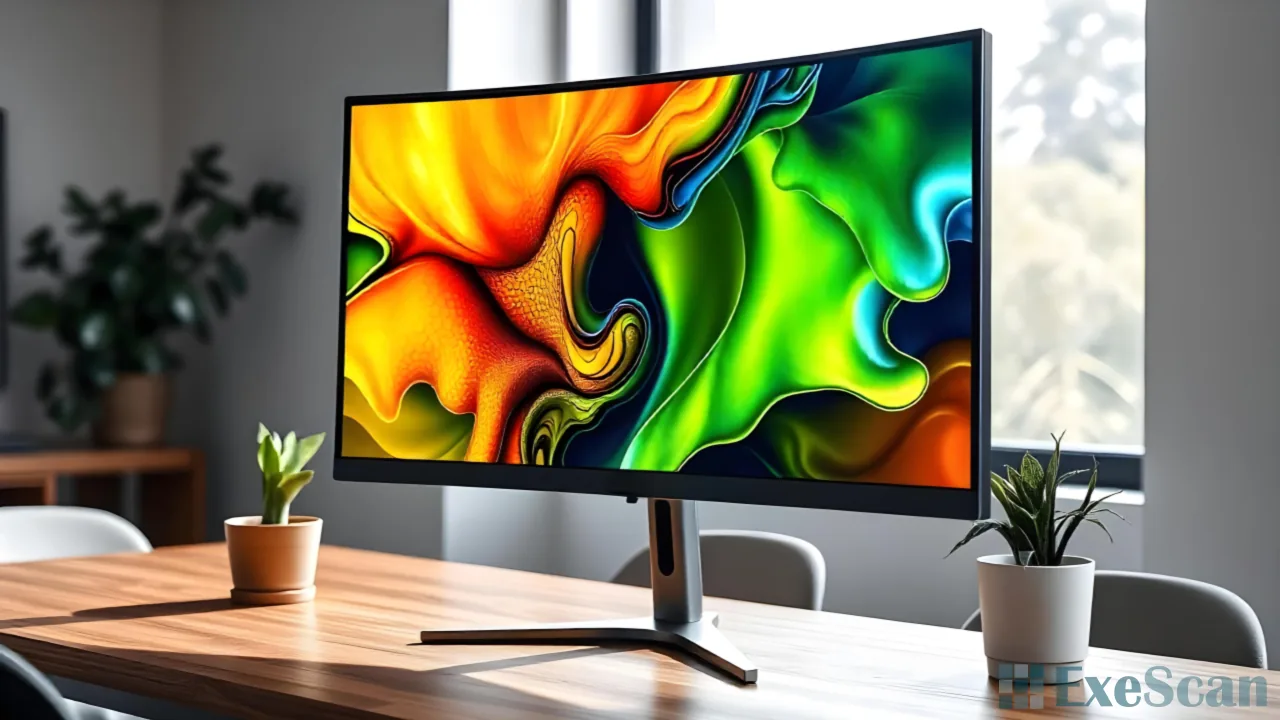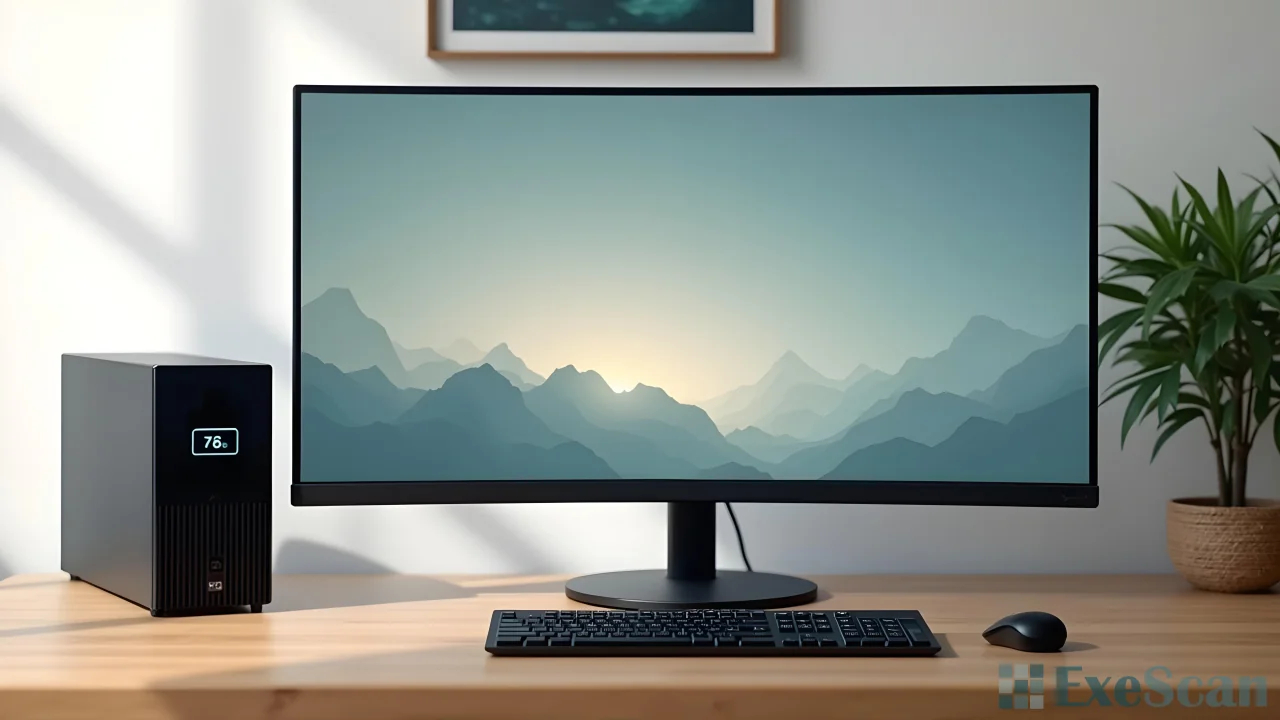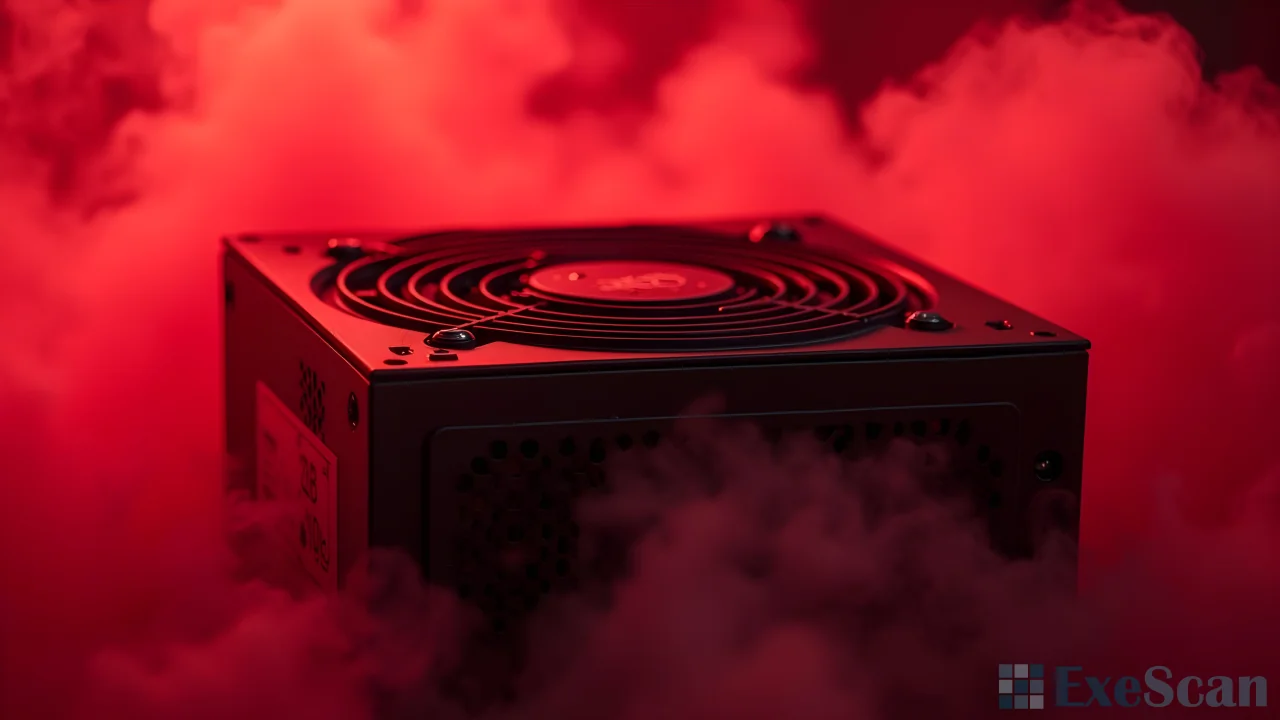Computer memory modules, commonly known as RAM (Random Access Memory), are essential components that significantly impact the performance of any computer system. These modules temporarily store data that the computer’s processor needs to access quickly, making them crucial for tasks ranging from simple web browsing to complex data processing.
Types of Computer Memory Modules
There are several types of memory modules available, each suited for different kinds of computing needs. The most common types include:
- DDR (Double Data Rate) Memory: This is the standard type of RAM used in modern computers. Over the years, DDR memory has evolved through several generations -DDR2, DDR3, DDR4, and now DDR5, with each generation offering improved speed and efficiency.
- SDRAM (Synchronous Dynamic RAM): An older type of memory that has been largely replaced by DDR memory in recent years. However, it is still used in some specific applications.
- DIMM (Dual Inline Memory Module): The physical form factor for most modern computer memory modules. DIMMs come in various sizes and pin configurations depending on the memory type.
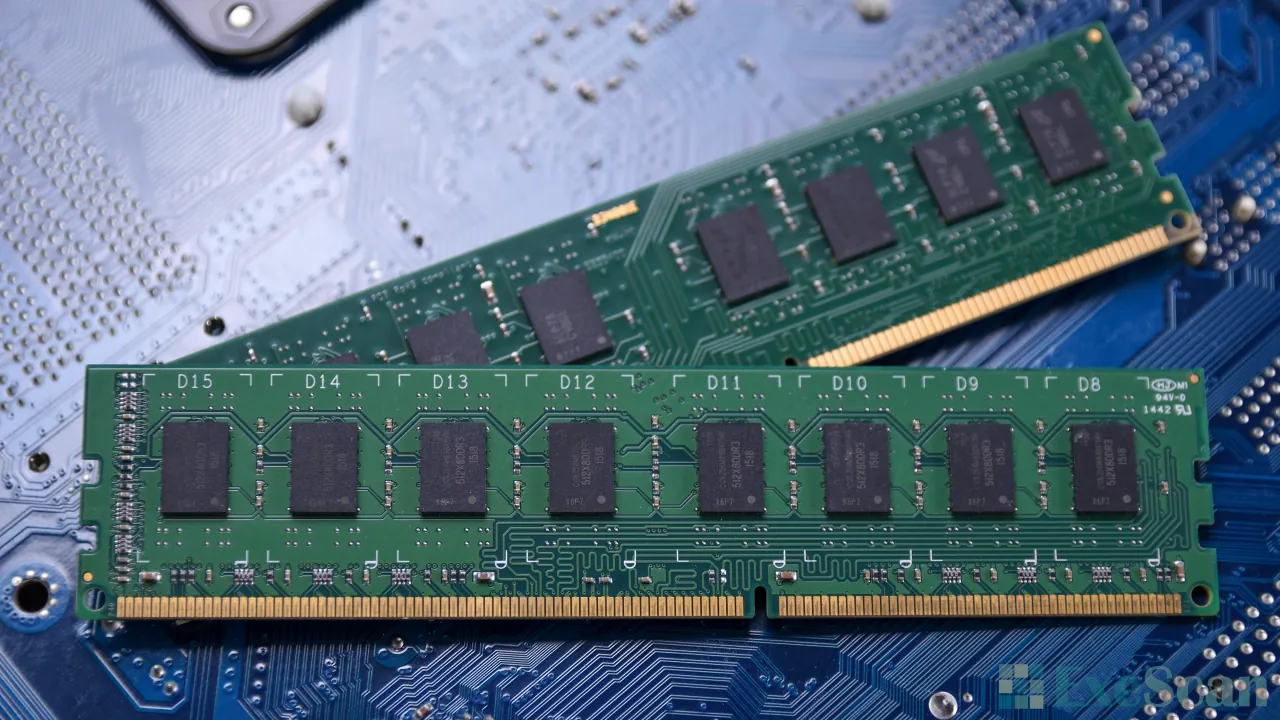
Recommended Memory Modules for 2024
As of 2024, the choice of memory module depends on the specific requirements of your computer use:
- For Basic Computing: If your needs are limited to tasks like web browsing, document editing, and streaming, 8GB of DDR4 or DDR5 RAM is generally sufficient. DDR4 remains a popular and cost-effective choice, but DDR5 is becoming more accessible and offers better performance for future-proofing your system.
- For Gaming: Gamers will benefit from at least 16GB of DDR5 RAM. DDR5 memory provides higher bandwidth and improved performance, which can lead to smoother gameplay and faster load times in demanding titles.
- For Professional Workstations: If you’re involved in video editing, 3D rendering, or other resource-intensive tasks, 32GB or more of DDR5 RAM is recommended. The increased speed and efficiency of DDR5 make it ideal for handling large files and complex applications.
- For Enthusiasts and High-End Users: Those building cutting-edge systems may opt for 64GB or more of DDR5 RAM. This ensures that even the most demanding applications run smoothly and allows for extensive multitasking without performance degradation.
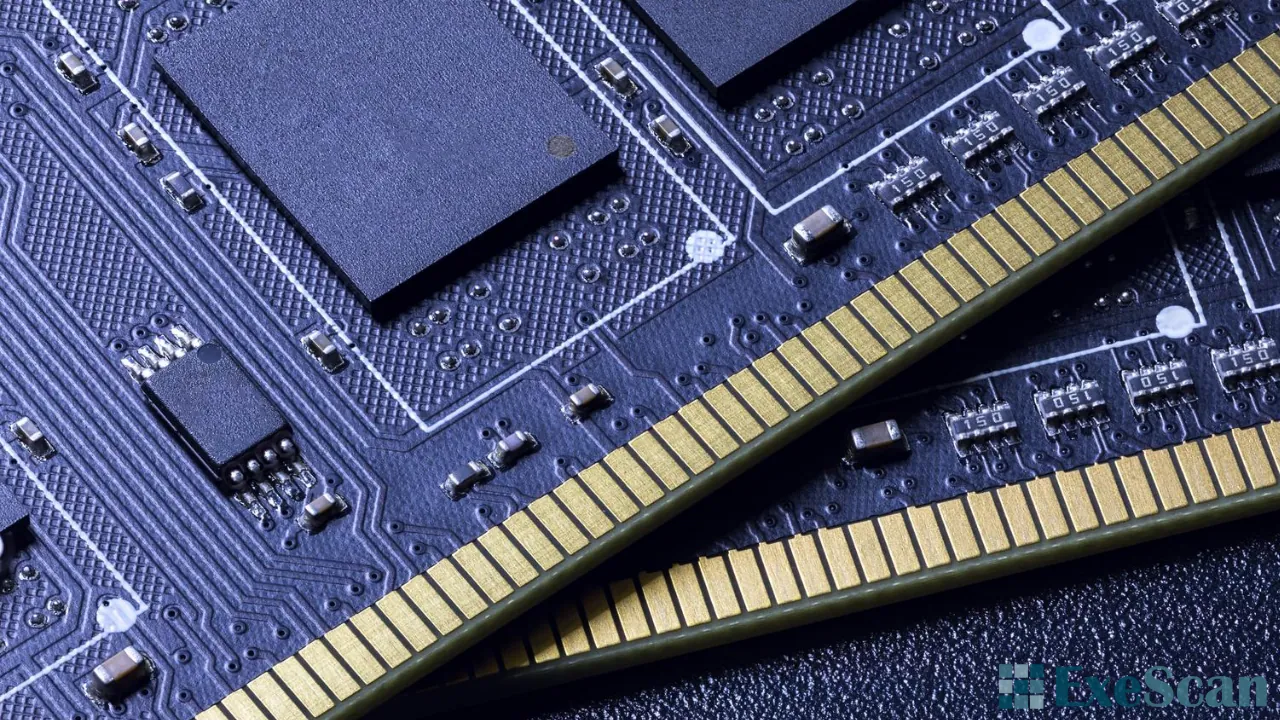
Factors to Consider When Choosing Memory Modules
When selecting memory modules for your computer, it’s essential to consider several factors:
- Compatibility: Ensure that the RAM is compatible with your motherboard. DDR5 is the latest standard, but if your motherboard only supports DDR4, upgrading to DDR5 would also require a new motherboard.
- Speed: The speed of RAM, measured in MHz, directly affects how quickly data can be processed. For most users in 2024, DDR5 modules with speeds between 4800 MHz and 6000 MHz provide an excellent balance of performance and cost.
- Capacity: More RAM allows for more applications to run simultaneously and can handle larger files more efficiently. In 2024, 16GB is considered the baseline for gaming, while 32GB is recommended for professional use.
- Latency: Lower latency can result in better performance, particularly in tasks that require rapid data access. However, for most users, the difference between high and low latency RAM is marginal compared to the overall capacity and speed.
Conclusion
As we move through 2024, the choice of computer memory modules continues to evolve, with DDR5 becoming increasingly standard in new builds. Whether you’re upgrading an existing system or building a new one, selecting the right amount and type of RAM is critical to ensuring your computer meets your needs. For general use, 8GB to 16GB of DDR4 or DDR5 RAM is sufficient, while more demanding users should consider 32GB or more of DDR5 RAM to future-proof their systems. Investing in the right memory module will not only enhance your computer’s performance today but also keep it running efficiently in the years to come.
